10 Phrases Boomers Heard Growing Up That Would Leave Gen Z Speechless if Said Today
Baby boomers grew up in an era of rotary phones, drive-in theaters, and record players. Many of the sayings they heard every day reflected a world with stricter social norms and slower communication. For Gen Z, these phrases can sound confusing or even harsh because the cultural references that made sense decades ago no longer exist.
Can you recognize these expressions that shaped a generation’s upbringing and would probably puzzle younger listeners today?
“You Made Your Bed, Now Lie In It”

Credit: Getty Images
Parents and teachers used this phrase to teach the importance of accountability. It originates from a 16th-century proverb that suggests once a choice is made, a person must live with the consequences. Boomers often heard it when they tried to avoid consequences, while many Gen Z readers view it as unnecessarily rigid advice.
“What Doesn’t Kill You Makes You Stronger”

Credit: Getty Images
This saying gained widespread recognition through Friedrich Nietzsche’s 1888 writings and spread across postwar America as a message about resilience. It suggested that hardship builds character, although many younger people question it because it tends to dismiss emotional impact.
“I’ll Give You Something To Cry About”

Credit: Canva
This was common in households where discipline meant authority without discussion or negotiation. Parents used it to stop tears and assert control, but emotional expectations have shifted toward validation and empathy today.
“Don’t Touch That Dial”

Credit: Getty Images
In the 1950s and 1960s, TV and radio hosts said this to keep audiences tuned in. It refers to the physical dials used to change channels or frequencies, something Gen Z doesn’t relate to in the era of streaming and touchscreens.
“You Sound Like A Broken Record”

Credit: Getty Images
The phrase originates from vinyl records that skipped when scratched, thus repeating the same lyric over and over again. It described someone who kept repeating themselves. Since digital playlists never skip, the original image behind the metaphor has disappeared for many listeners.
“I’ll Tape It”
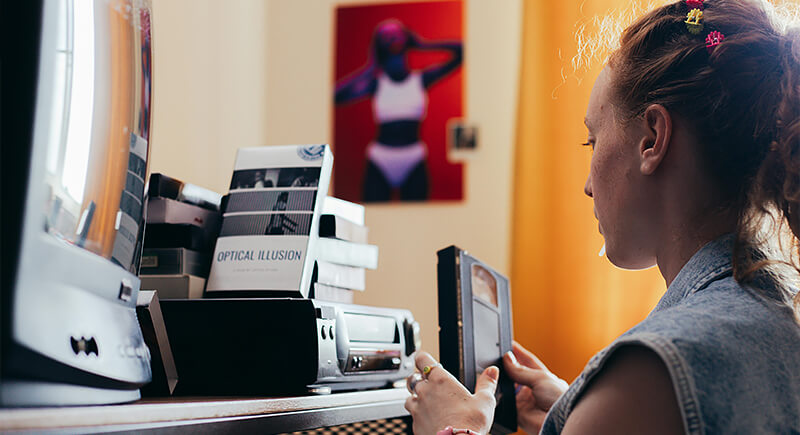
Credit: pexels
Before digital recording, “taping” meant using cassette tapes or VHS recorders to save music or shows. It gained popularity in the 1970s as home recording technology became more widespread. With cloud storage and streaming now common, the verb “tape” has lost its literal meaning.
“Roll Down The Window”
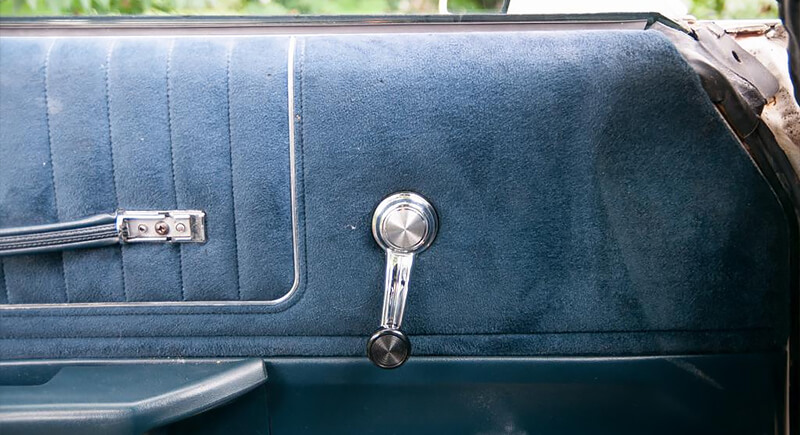
Credit: Reddit
Before automatic windows, drivers used a crank handle to lower the glass. Saying “roll down” referred to that physical motion. The action vanished by the late 1990s, but the phrase remains a linguistic leftover.
“Long-Distance Call”
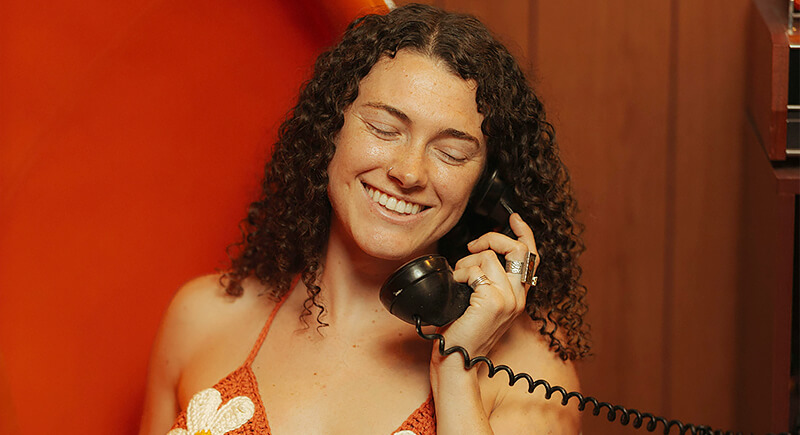
Credit: pexels
Calling someone outside your local area once cost extra, especially in the 1960s and 1970s when prices increased by the minute. Parents often warned kids not to make long-distance calls. Now, with unlimited mobile plans, the warning no longer applies.
“Film At Eleven”
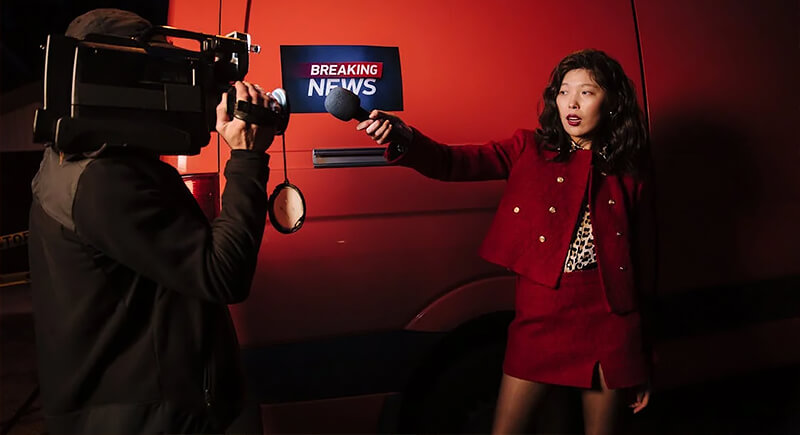
Credit: pexels
Evening newscasts in the 1960s used this to tease viewers about stories that would air later. News teams needed time to develop film before it could be broadcast. Today, with instant video uploads, waiting for an eleven o’clock update feels outdated.
“Get Off My Lawn”
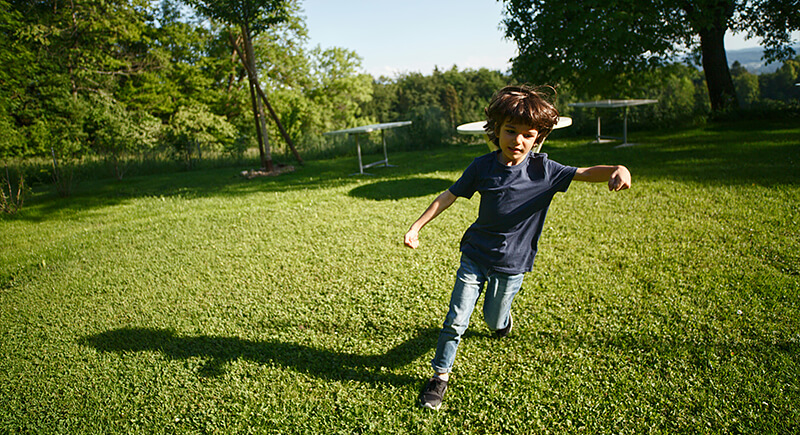
Credit: pexels
This came from older homeowners frustrated with kids cutting across their yards. Over time, it turned into a shorthand complaint about youth behavior. When people say it now, it’s usually a lighthearted way to joke about being overly traditional.